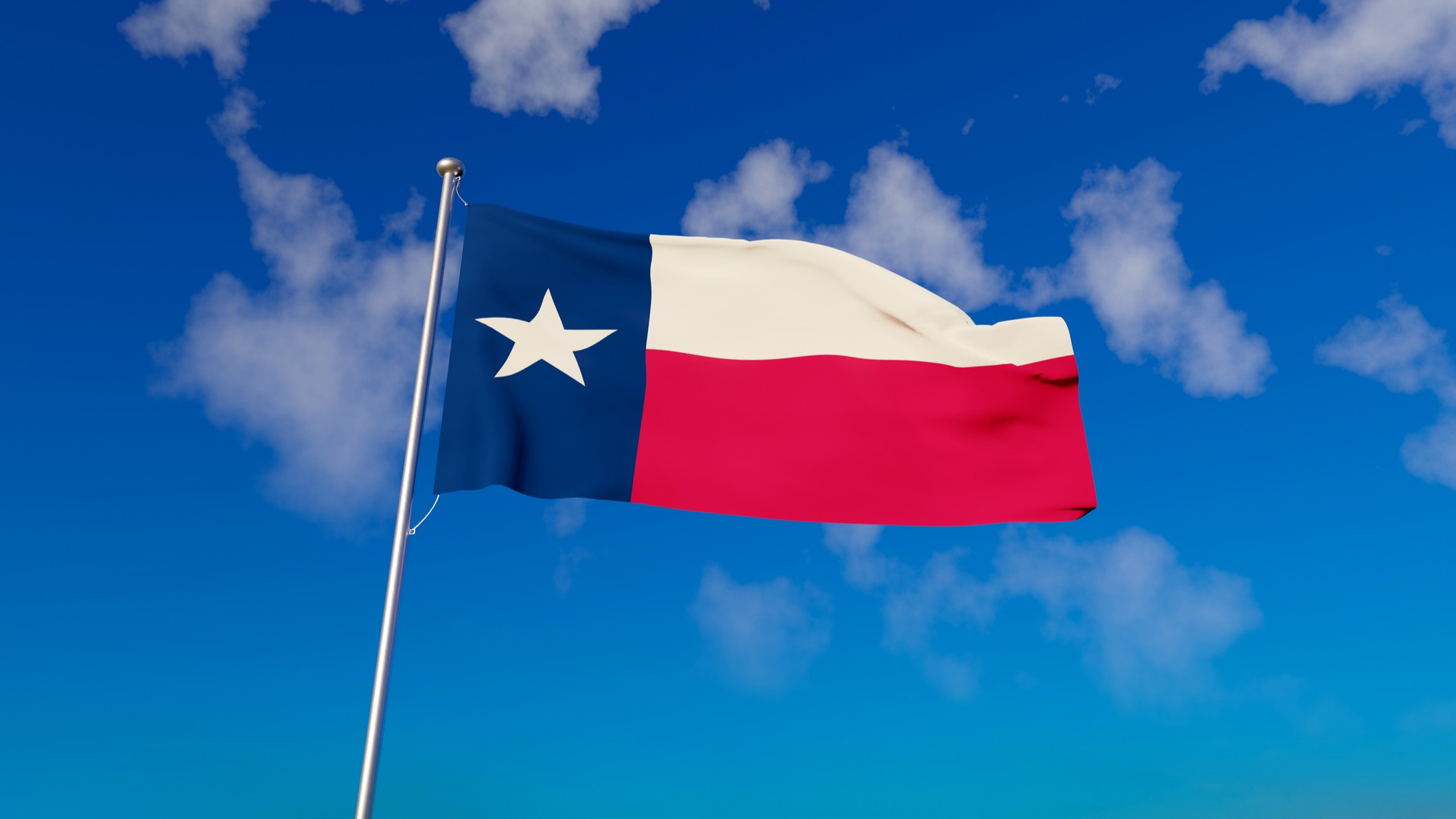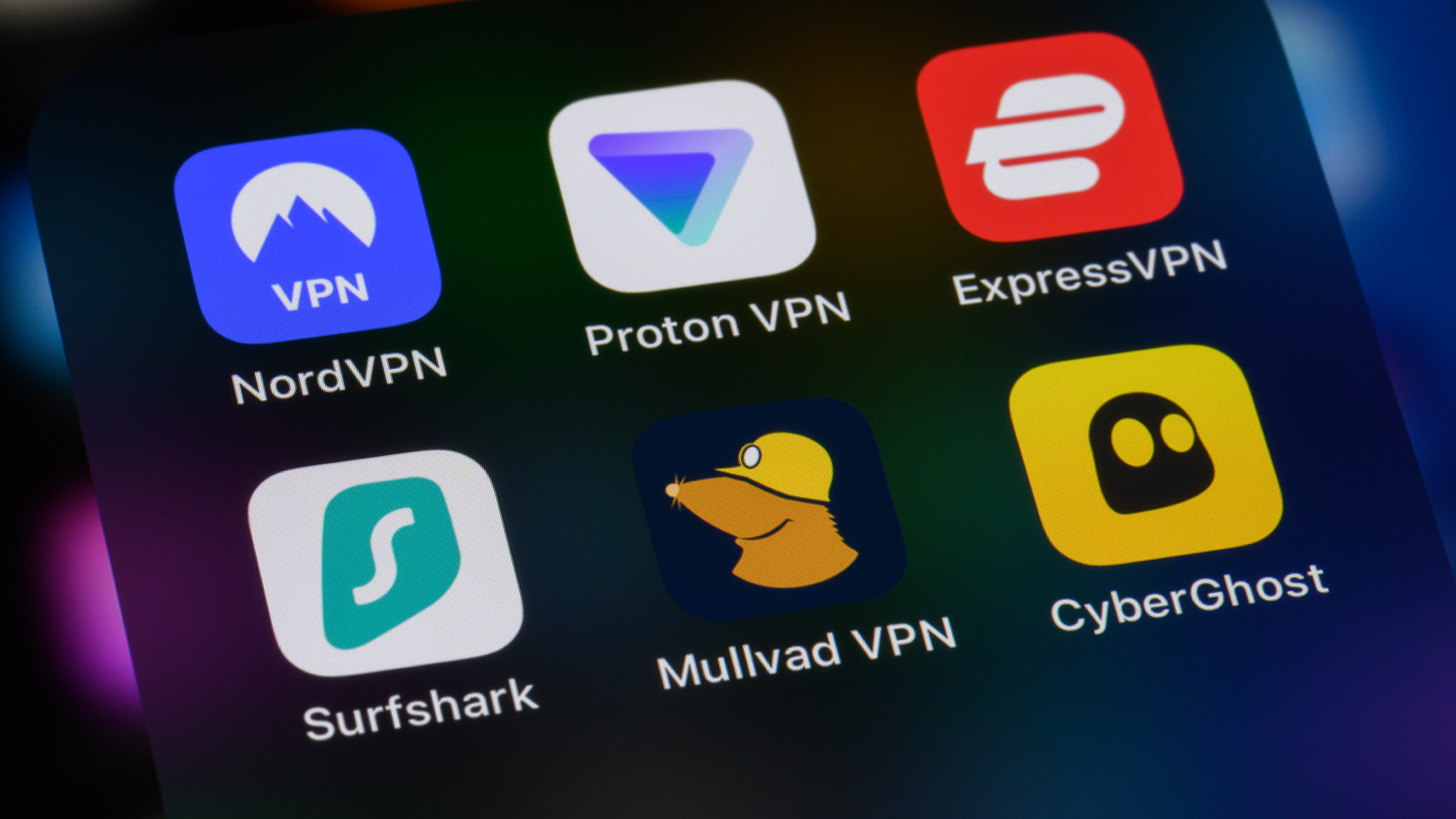“A broad censorship regime" - Big Tech and students hit Texas age verification law with legal complaints
The Texas App Store Accountability Act is set to be enforced on January 1, 2026

- Texas App Store Accountability App got hit by two lawsuits
- Complainants argue the law is in breach of the First Amendment
- Texas's age verification law is set to be enforced on January 1, 2026
A student journalist, a high school debater, a student advocacy organization, and a consortium of Big Tech giants walk into a room. No, it isn't the beginning of a joke – they are all trying to halt the Texas new age verification law from taking effect.
Set to be enforced on January 1, 2026, the Texas App Store Accountability Act will require official app stores to perform mandatory age checks on anyone in the state before allowing them to download any mobile applications.
Teenagers would also be banned from downloading any app or making an in-app purchase without parental consent. In turn, parents must verify their identity to provide consent for every download or purchase.
According to the CCIA (Computer & Communications Industry Association), these requirements violate the First Amendment "by restricting app stores from offering lawful content, preventing users from seeing that content, and compelling app developers to speak of their offerings in a way pleasing to the state."
The Students Engaged in Advancing Texas (SEAT) agrees with Big Tech on this and filed a similar lawsuit. "Students have just as much a right to access information as adults, and this law denies them that access," said Cameron Samuels, co-founder and Executive Director of SEAT.
The Texas legislation is one of the many age verification laws being enforced across the US in the name of children's online safety. While mandatory age checks have pushed internet users to turn to the best VPN apps to avoid sharing their sensitive details, it isn't yet clear if using a VPN could be a viable option for Texans.
How Texas age verification rules could affect citizens
The CCIA, which represents the likes of Apple, Google, and Amazon, has described the proposed rules as a "misguided attempt to protect minors" that seeks to go a step further than today's parental control systems, since it requires everyone (not only minors) to prove their age before being able to do anything in the app stores.
Users can do so by uploading a valid form of government-issued identification to the platform. Yet, building such a database of sensitive details raises data privacy and security concerns, experts warn, as it can become a target for hacking or abuse.
That's not everything, though. "The Texas App Store Accountability Act imposes a broad censorship regime on the entire universe of mobile apps," the CCIA warns in its lawsuit.
That's because the law goes far beyond social media apps or adult-only websites, which are the target of most age verification laws in the US. It will age-gate all sorts of applications, including educational, news, and creative apps such as Wikipedia, Coursera, Spotify, and The New York Times, potentially hindering minors' ability to learn, communicate, and express themselves.
Yet, "The First Amendment does not permit the government to require teenagers to get their parents’ permission before accessing information, except in discrete categories like obscenity. The Constitution also forbids restricting adults’ access to speech in the name of protecting children," said Ambika Kumar, a lawyer for the students' organization SEAT.
"This law imposes a system of prior restraint on protected expression that is presumptively unconstitutional," she added.
Can a VPN help?

As mandatory age verification spreads across the internet, people in the US and abroad are using VPN apps to bypass these checks.
Whether they do so to protect their most sensitive personal data or they are minors looking to evade control, it's hard to know for sure – most likely, it's a mix of both.
What's important to know here is that a virtual private network (VPN) can spoof a user's IP address to make them appear as if they are browsing the internet from a completely different location in no time.
As we have seen during the brief US TikTok ban, a VPN may not be a quick workaround when the restrictions are imposed on the App Store level. This would depend on how the restrictions will eventually be implemented.
At that point, however, the question also remains if complaints will manage to knock down Texas's new age verification requirements before they officially take effect.
You might also like

Chiara is a multimedia journalist committed to covering stories to help promote the rights and denounce the abuses of the digital side of life – wherever cybersecurity, markets, and politics tangle up. She believes an open, uncensored, and private internet is a basic human need and wants to use her knowledge of VPNs to help readers take back control. She writes news, interviews, and analysis on data privacy, online censorship, digital rights, tech policies, and security software, with a special focus on VPNs, for TechRadar and TechRadar Pro. Got a story, tip-off, or something tech-interesting to say? Reach out to chiara.castro@futurenet.com
You must confirm your public display name before commenting
Please logout and then login again, you will then be prompted to enter your display name.